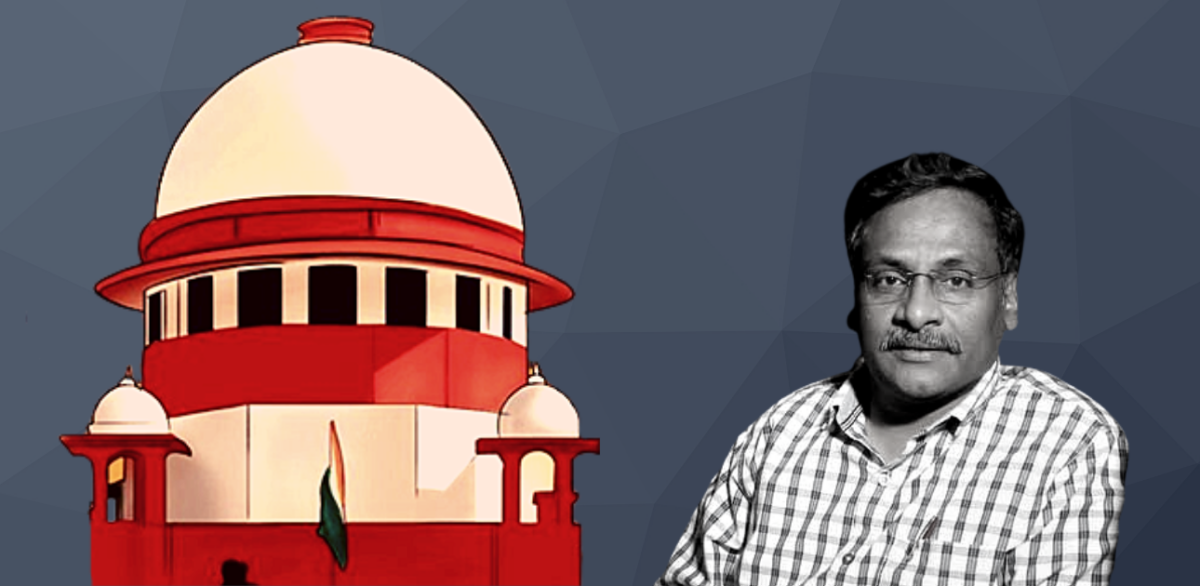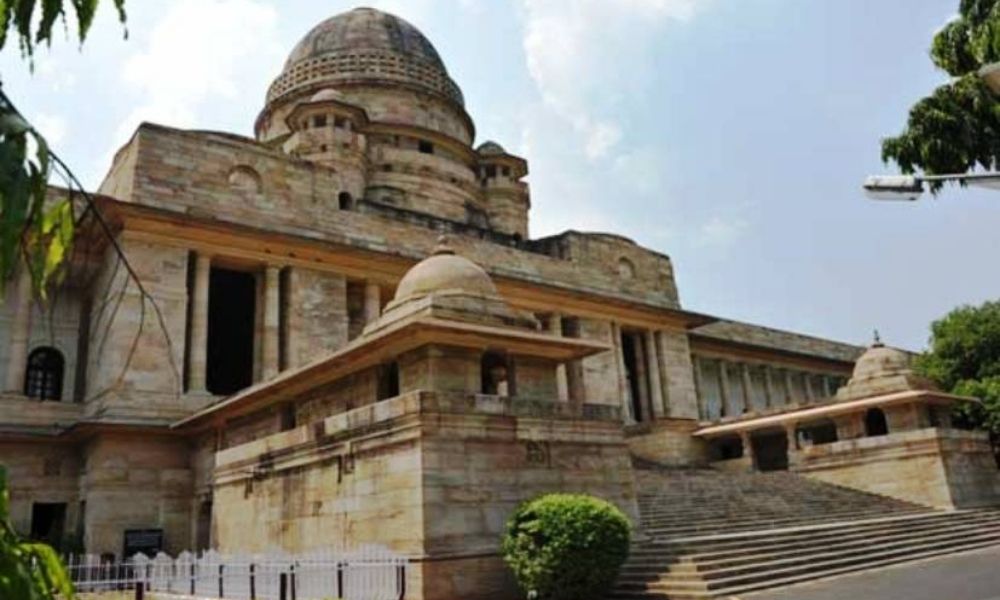Nagpur Bench of the Bombay High Court acquits GN Saibaba and five others in Maoist-link case on Tuesday.
A Division bench of Justice Vinay Joshi and Justice Valmiki SA Menezes on Tuesday (5th march) announced the judgement to set aside the conviction of GN Saibaba, former Delhi University professor along with five others in an alleged Maoist-links case under UAPA (Unlawful Activities Preventions Act).

The prosecution said during the trial at the Sessions Court in Gadchiroli, Maharashtra, that the defendants were using front groups like RDF to carry out operations for the outlawed Communist Party of India (CPI) (Maoist) party. The prosecution cited electronic information and leaflets that were purportedly taken at the behest of GN Saibaba in Gadchiroli and classified as anti-national. Additionally, it was claimed that Saibaba gave over a 16GB memory card meant for Naxalites taking refuge in the Abuzmad forest.
Numerous documents, a hard drive, and pen drives were taken from Saibaba’s home, according to the police. After the institution suspended the lecturer, he was detained until the Bombay High Court granted him bail in May 2015 due to health concerns. Before the Supreme Court granted him bail in September 2016, he was imprisoned once more.
Given his health issues and wheelchair-bound state, the family of the former professor, whose services were terminated by DU’s Ram Lal Anand College in 2021, had constantly asked his release.
One of the accused Pandu Pora Narote died in August 2022. The other accused are Mahesh Tirki, Hem Keshwdatta, Prashant Rahi, and Vijay Nan Tirki along with GN Saibaba.
The trials led to their conviction under section 13, 18, 20, 38 and 39 of the UAPA and 120-B of IPC in March 2017.

A different bench of the Bombay High Court overturned the conviction in 2022 on procedural grounds. Judges Rohit Deo and Anil Pansare’s bench declared the trial null and void for lack of a valid sanction under section 45(1) of the UAPA. The court stressed that following the wrong procedure could create an environment that is favorable to terrorism and emphasized the significance of following the right procedure in matters involving terrorism.
But following an urgent mention by the Maharashtra government, the Supreme Court stayed the High Court order the very next day in a controversial special Saturday meeting. Later, in a plea contesting the acquittal submitted by the Maharashtra government, the Supreme Court reversed this ruling and ordered the Bombay High Court to reexamine the case.
The high court had not gone into the merits of the case or “the seriousness and gravity of the offences for which the accused were convicted”, said the SC.
Subsequently, in April 2023, a Supreme Court bench of Justices M R Shah and C T Ravikumar overturned the Bombay High Court’s decision to release Saibaba and associates. The matter was remanded by the supreme court to the High Court so that it may be reheard in four months by a new bench. The appeals were considered by the Justice Joshi-led bench, which closed them for a decision on September 7, 2023.
Further now on 5th march 2024 the Nagpur bench of Bombay High Court acquitted GN Saibaba and other five accused in this case.
It stated that the prosecution as a whole was tainted by an invalid sanction against the defendants. The court further stated that the trial, which took place in spite of the legal requirements not being followed, constituted a “failure of justice”.
The court further stated that the State may argue that, once a trial is over and an accused person is found guilty, the sanction’s legality or lack thereof would no longer matter. To further ensure legitimacy and allay any concerns, the Supreme Court also directed that the case be assigned to a different bench.


